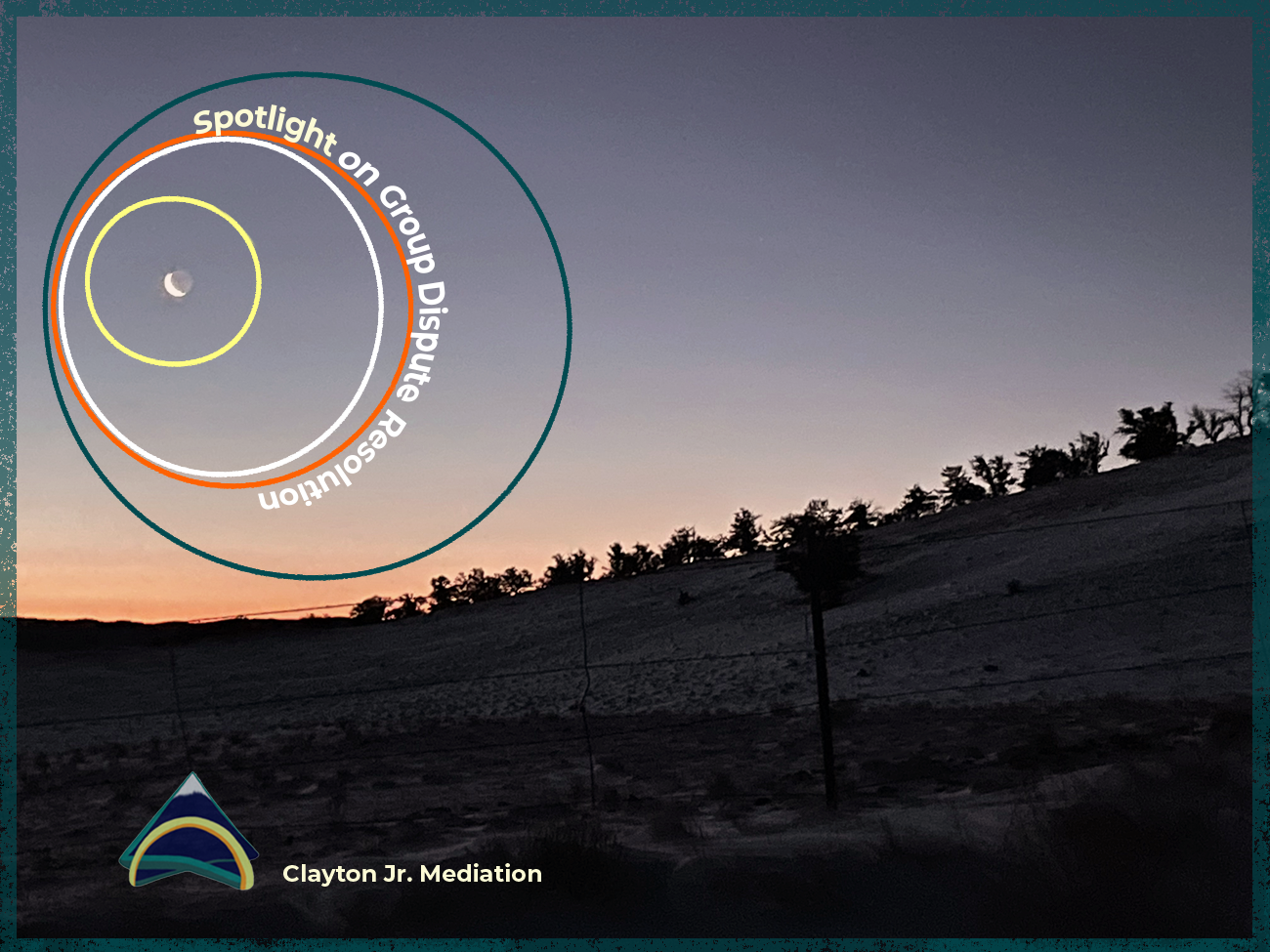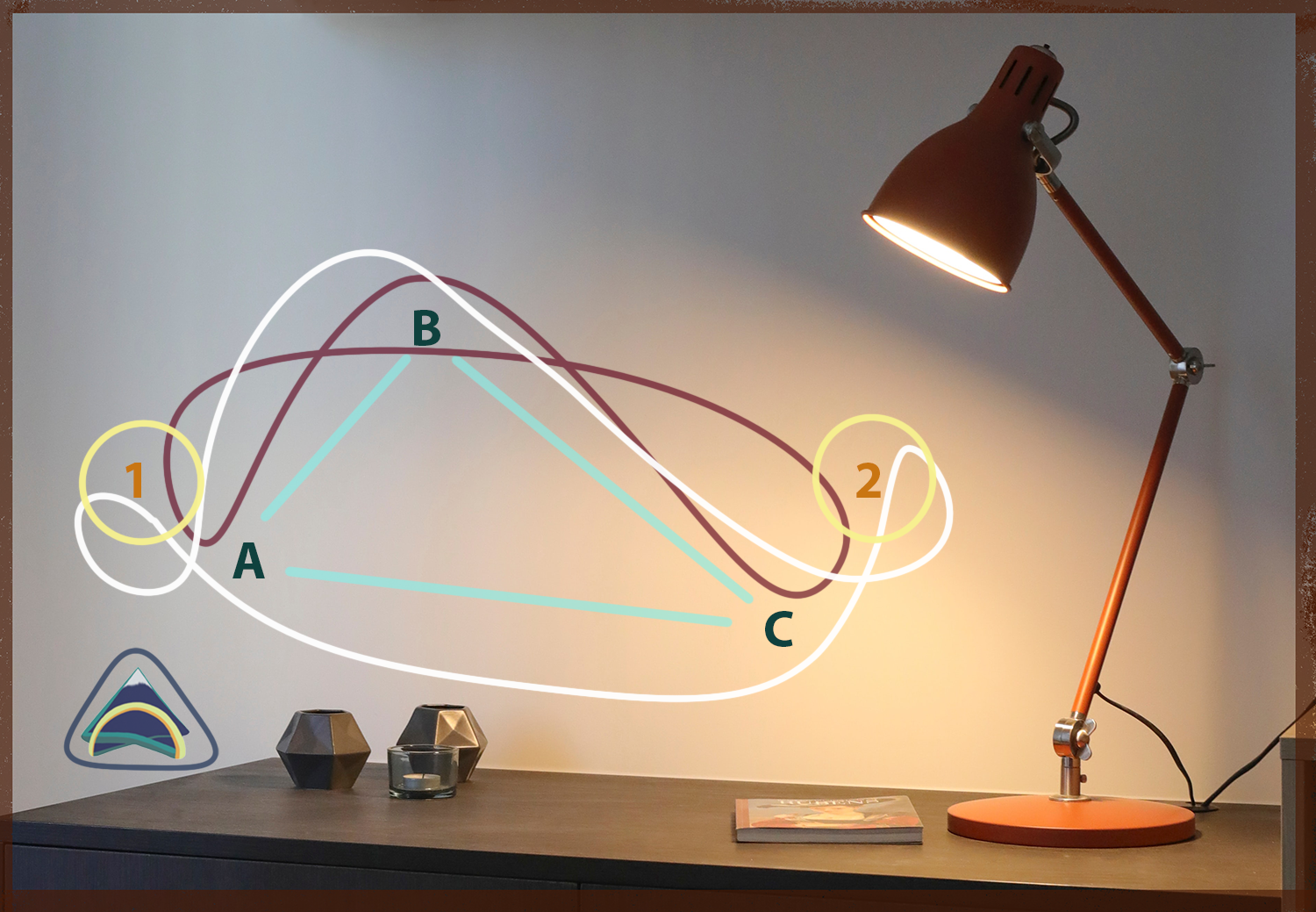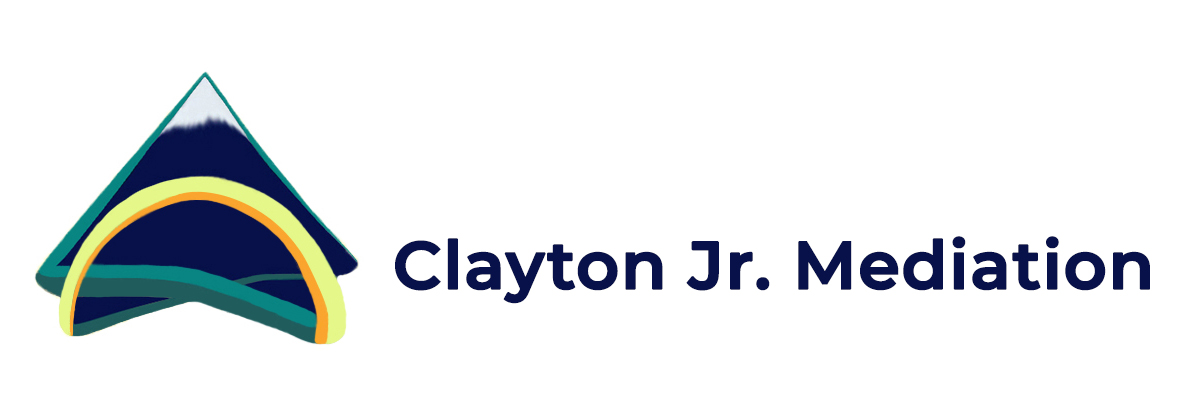Why Group Dispute Resolution?
Many organizations, communities, families, and other groups are focused on strengthening communication, problem-solving, and planning. These objectives can be addressed in meaningful ways with dispute resolution, also commonly referred to as “conflict resolution”. A central part of our mission is to support groups with effective dispute resolution services.
The Scope
In recent decades, groups have generally increased the use of confidential processes to resolve conflicts and to conduct agreement making with the assistance of a neutral third-party facilitator in dispute resolution practices such as mediation, facilitation, and conflict coaching. While one entity may utilize an application like mediation to resolve internal conflict, another may use it to address external conflict. Outside of alleviating disputes and building agreements, the practices mentioned above can bring forth a variety of additional benefits to groups.

Build for the Now — Build for the Future!
Group dispute resolution is often fruitful regarding strategic organization and clear communications. Lightning fast changes in the world today have encouraged groups to seek out a more robust collaboration. The modes of conflict resolution are generally well-equipped to support this. Drafting detailed plans or creating projects more efficiently and thoughtfully are just a few examples to that end.
Our services offer groups impactful advantages with respect to conserving resources of many kinds. Though conflict resolution may be useful in “parting ways” type circumstances, it can also be effectively utilized prior to conflict. We’ve worked with many groups who are inviting fresh change while building upon the excellence they already have in place.
Valuable outcomes can arise from the act of conflict coaching on a periodic basis — for instance, doing so routinely strengthens things like goal setting, critical thinking, and conflict awareness. Many facets of society today may leave gaps in these areas. Conflict coaching helps us to reflect, discern, and to bring the parts together. In particular, it provides groups with the opportunity to take up processes of informed decision-making and relationship-building.

Stronger Culture
Establishing culture within groups has become increasingly important these days. Culture activates our core essence when communicating and working with others. Aligning the interests of the people that make up organizations, families, communities, and other groups is invaluable. Group dispute resolution is particularly functional here. It can support turning differences into collective strength by encouraging participants to explore purpose and meaningful ideas. This tends to foster a genuine kind of engagement. Such outcomes are rewarding when it comes to both small and big picture considerations.
We’ve taken note of how important it is to bring a resolution-oriented mindset to a group. Why? Simply, because it often becomes contagious. A good example is when one person develops their ability in coaching others, it may positively influence others to do the same. Confronting “hurdles” may not always be our first choice but the reward of doing so can be beyond price. This is why we employ practical facilitative strategies to create a stronger culture focused on the growth of individuals and groups.
Flexibility
There is no one-size-fits-all approach concerning dispute resolution. The direction it takes is frequently derived, in part, naturally in the process. Looking at the root of the conflict or the specific interests and needs in each case is therefore critical. After getting to know the people and dynamics of a group, we move to support resolution measures and other important processes through constructive procedures, ongoing dialogue, and flexible evaluative models. We stay curious and listen carefully for the changes.
In general, groups that innovate successfully maintain environments where adaptation is welcomed. Perhaps folks are better able to maximize their respective talents in such circumstances. Many parties we have worked with in group dispute resolution have the desire to establish a creative, autonomous, and adaptive space. Put another way, we’ve noticed a yearning to invoke thoughtful discussions and to develop a spirit of inquiry. Good news — our practices can further these goals!
Bringing Us Together
Discovering pathways via neutral facilitative guidance is incredibly vital in that it allows participants of groups to access tools and strategies on their own accord. In many cases, the optimal goal of conflict resolution is to support the unveiling of intrinsic motivation. In our view, this is key to surfacing advantageous outcomes that bring about lasting change. Working together in dispute resolution frequently tests the resolve of a group — it can help folks to navigate differences and to move the ball forward. Trust and problem-solving are so often established or reinforced in tested times. Facing challenges together allows groups the chance to become “teams”. Continually investing in relationships is a great path to “success”.
CJ Clayton Jr.
03/21/2023
